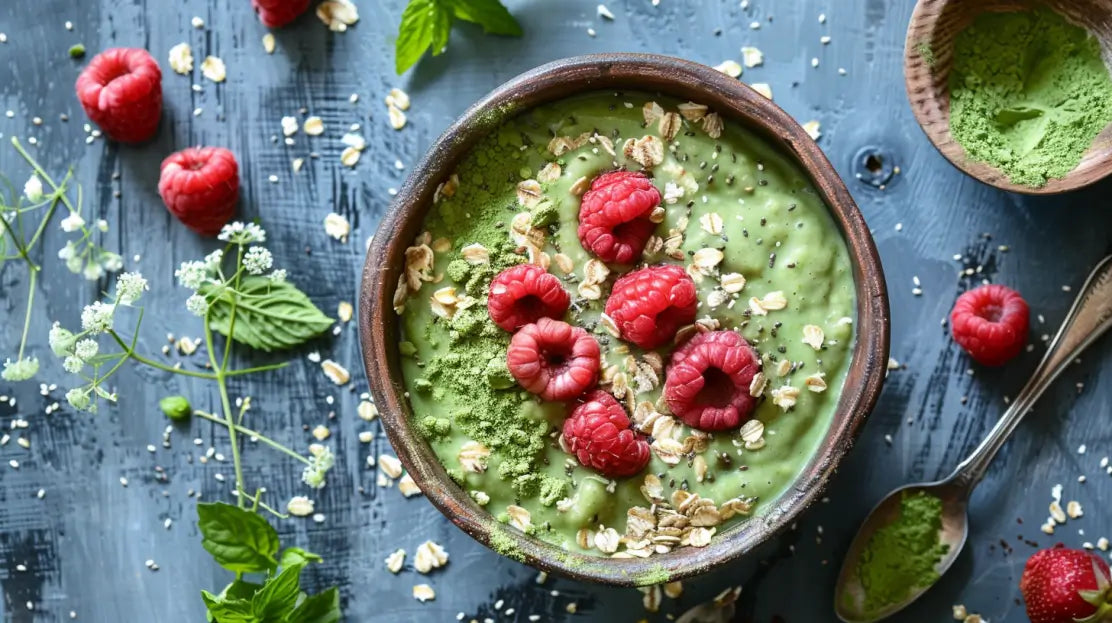Yoga is a practice with origins in ancient India. It's been around for millennia and has always been an important form of exercise to improve your physical and mental health. This blog explores the benefits of yoga for everyone from athletes to senior citizens and for one's overall wellbeing.
Read on to know more!
What is Yoga?
Yoga is an ancient practice that originated in India. It is a system of physical, mental, and spiritual development that includes breath control, meditation, and the adoption of specific bodily postures.
The word yoga comes from the Sanskrit root yuj, meaning “to yoke” or “to unite.” Yoga is often described as a union of the body, mind, and spirit. The ultimate goal of yoga is to achieve a state of liberation or freedom from all forms of suffering.
There are many different types of yoga, each with its own unique focus and benefits. Some common types of yoga include Hatha yoga, Vinyasa yoga, Bikram yoga, Kundalini yoga, and Iyengar yoga.
While the physical benefits of yoga are well-documented, the mental and spiritual benefits are often more subtle. Practicing yoga can help to still the mind, fostering a sense of inner peace and calm. It can also help to increase self-awareness and boost feelings of self-acceptance and self-love.
Yoga became popular in the West in the early 20th century, when Indian teachers began traveling to the West to teach yoga. Today, yoga is practiced by millions of people around the world and has been shown to have numerous health benefits.
The Different Types of Yoga
There are many different types of yoga, and each one has its own unique benefits
Hatha Yoga: This is the most popular type of yoga in the Western world, and it focuses on physical postures (asanas) and breathing exercises (pranayama). It is a great way to improve flexibility, strength, and stamina and a good choice for beginners.
Vinyasa Yoga: This type of yoga emphasises continuous movement, linking breath with movement. It is a more vigorous form of yoga than Hatha, and can help to build heat in the body, improve detoxification, and boost metabolism. It can help build strength and flexibility.
Bikram Yoga: Also known as “hot yoga”, Bikram classes take place in a room that is heated to around 105 degrees Fahrenheit. This helps to loosen muscles and prevent injuries.
Kundalini Yoga: Kundalini yoga focuses on awakening the energy at the base of the spine (kundalini energy). It includes breath work, mantra chanting, and meditation, as well as physical postures. Kundalini yoga can be very powerful and transformative.
Iyengar Yoga: This type of yoga is characterized by its use of props such as belts, blocks, and blankets to help the practitioner achieve proper alignment in each pose. Iyengar yoga is great for beginners or those looking for a slower-paced class.
The Benefits of Yoga
Yoga has been shown to have numerous health benefits, including improved flexibility, increased strength, reduced stress levels, and improved heart health.
- Improved Flexibility
One of the most noticeable benefits of yoga is an improvement in flexibility. Over time, regular yoga practice can help to increase range of motion in the joints and improve overall muscle elasticity. This can help to prevent injuries both in and out of the gym.
- Increased Strength
Despite the fact that yoga is often thought of as a gentle form of exercise, it can actually help to build strength. By using your own body weight and gravity, yoga can help to tone muscles and build strength without the need for weights or other equipment.
- Reduced Stress Level
Yoga is a great way to promote relaxation and reduce stress levels. The combination of physical activity, deep breathing, and mindfulness can help to calm the mind and ease tension in the body. This can lead to improved sleep quality and decreased anxiety levels.
- Improved Heart Health
In addition to promoting relaxation, yoga has also been shown to improve heart health. Regular yoga practice can help to lower blood pressure and resting heart rate, as well as improve circulation. These effects can lead to a reduced risk of heart disease over time
How to Get Started with Yoga
If you're thinking about starting a yoga practice, there are a few things you should know. First, yoga is more than just physical exercise. It's an opportunity to connect with your mind and body and tap into your inner wisdom.
Second, there are many different types of yoga, so you'll need to find the right fit for you. If you're not sure where to start, try a beginner-friendly class or workshop at your local studio
Finally, be patient and consistent with your practice. Yoga is a journey, not a destination. The more you show up for yourself on the mat, the more benefits you will experience off the mat.
Now that you know a little bit more about yoga, it's time to get started! Here are a few tips:
- Set realistic goals for your practice
Maybe you want to attend two classes per week or practice at home three times per week. Whatever your goals are, make sure they're achievable so you don't get discouraged.
- Find a comfortable place to practice
If you're practicing at home, create an inviting space where you can feel relaxed and comfortable. If you're going to a studio, find one that feels welcoming and supportive.
- Invest in some basic supplies
A yoga mat, strap, and blocks will help support your practice and make it more enjoyable . You may also want to buy some comfortable yoga clothes.
If you're looking for a way to improve your physical and mental health, yoga may be a good option for you. Yoga has been shown to provide numerous benefits, including improved flexibility and strength, better breathing, decreased stress levels, and more. If you're new to yoga, there are plenty of resources available to help you get started.
Give yoga a try and you might be surprised by how much it can help.



















